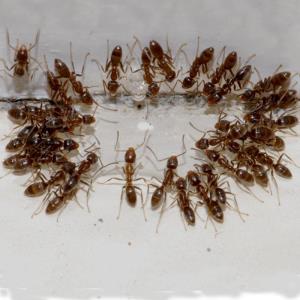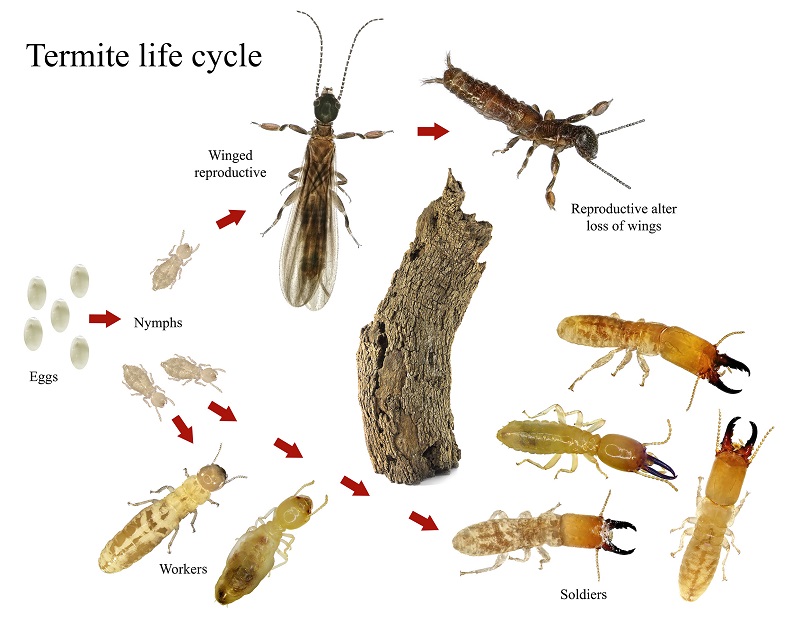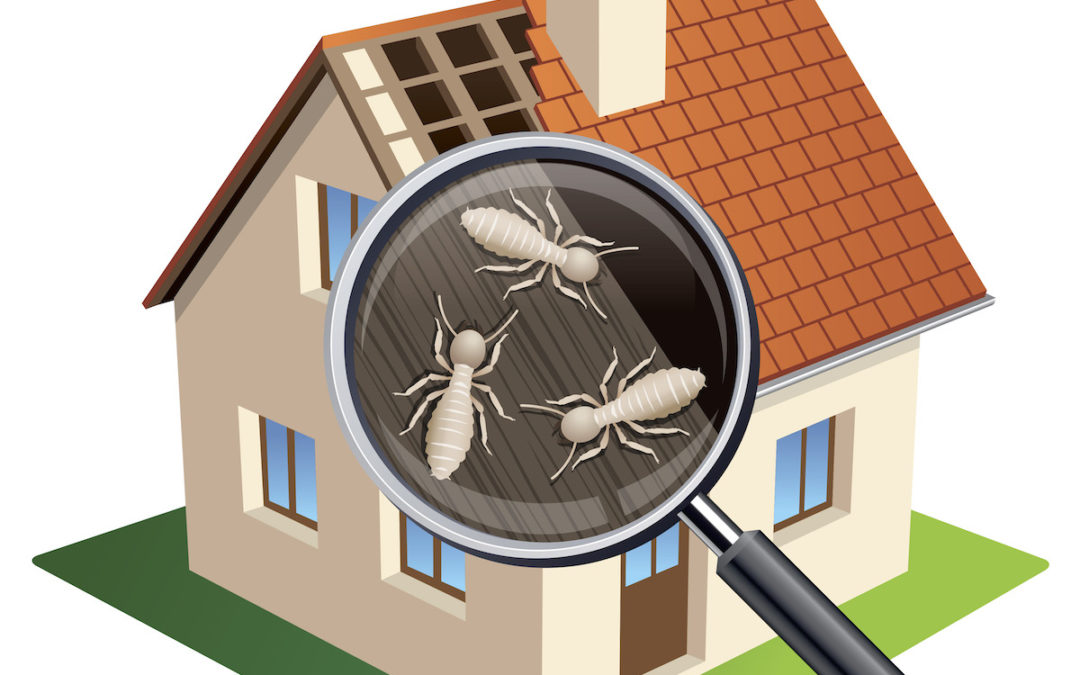Total Ant Control: Approaches and Services to Defeat Ant Troubles
Ecological Effect of Insect Control: Harmonizing Efficiency With Sustainability
The environmental influence of parasite control is an important problem that needs a fragile equilibrium between achieving performance in managing insects and making certain sustainability of our environments. From the usage of harmful chemicals that seep into our soil and water to the unintentional effects on non-target species, the repercussions of conventional pest control practices are significant.
Dangerous Chemicals in Insect Control
The usage of harmful chemicals in pest control postures substantial ecological and wellness threats that call for mindful factor to consider and reduction methods. Herbicides, pesticides, and pesticides are commonly made use of to remove bugs, yet their extensive application can result in unintentional consequences. These chemicals can infect soil, water sources, and the air, influencing not just the targeted insects but additionally advantageous insects, wild animals, and people.

To attend to these dangers, incorporated parasite monitoring (IPM) strategies are being advertised as a much more sustainable alternative. IPM includes a combination of methods such as organic control, environment adjustment, and the targeted use chemicals as a last option (ant control mint hill nc). By embracing an all natural approach to pest control, we can decrease the ecological and health and wellness impacts associated with dangerous chemicals while properly handling pest populaces
Influence On Non-Target Species
Taking into consideration the unexpected consequences of parasite control techniques, the effect on non-target types is a vital aspect that requires extensive evaluation. While bug control steps intend to target particular pests, other microorganisms in the community might be inadvertently influenced. Non-target species, including beneficial bugs, birds, creatures, and even plants, can experience indirect or direct damage from chemical applications or biological control techniques.
Insecticides made to battle a particular bug parasite might damage pollinators like or natural killers such as ladybugs. Organic control representatives, if not species-specific, can position threats to unintended targets, interfering with the environmental balance.
To alleviate the influence on non-target species, integrated insect monitoring (IPM) techniques that emphasize an alternative method to pest control are advised. These approaches prioritize the usage of eco friendly techniques, decreasing injury to useful organisms while efficiently taking care of pest populations. Performing comprehensive risk analyses and monitoring the results of parasite control efforts are important action in securing non-target varieties and promoting overall ecological community health and wellness.
Soil and Water Contamination
Unintentional environmental repercussions of insect control techniques extend past affecting non-target varieties, with substantial effects for dirt and water contamination - ant control. Pesticides, herbicides, and chemical plant foods utilized in pest control can leach into the dirt and infect groundwater, posing a risk to both water and terrestrial environments.
Water contamination is an additional critical problem associated with parasite control practices. To reduce dirt and water contamination from insect control activities, integrated parasite management strategies that prioritize sustainability and minimize chemical inputs are essential.
Air Air Pollution From Chemical Usage
Direct exposure to airborne chemicals during farming applications positions a substantial concern for air contamination control measures. Furthermore, pesticide drift, where chemicals are carried by the wind to unexpected areas, can lead to the contamination of nearby ecological communities and water bodies.

Strategies for Lasting Bug Control
In the realm of agricultural practices, executing lasting pest control approaches is paramount for keeping ecological equilibrium and securing plant yields. Sustainable pest control highlights the usage of eco-friendly techniques to manage pest populaces successfully while reducing injury to non-target organisms and communities. Integrated Pest Management (IPM) is a commonly adopted method that combines organic, social, physical, and chemical control techniques to attain long-term pest administration remedies.
One key approach in lasting pest control is promoting biodiversity within agroecosystems. By enhancing natural enemies of parasites, such as killers and parasitoids, farmers can reduce the need for synthetic pesticides. Plant rotation and diversification are additionally efficient methods to disrupt pest life cycles and produce less favorable problems for parasites to grow. Furthermore, making use of pest-resistant plant ranges and employing methods like catch chopping can help in reducing bug stress without depending heavily on chemical interventions. Inevitably, by incorporating these sustainable insect control approaches, farmers can achieve an equilibrium in between pest management effectiveness and environmental stewardship.
Verdict
Finally, the environmental impact of bug control methods must be meticulously considered to balance performance with sustainability. Dangerous chemicals made use of in bug control can cause dirt and water contamination, air pollution, and harm non-target species - termite control services. It is essential to carry out sustainable parasite control methods to lessen these negative results on the setting and promote a much healthier environment for future generations
By taking on an alternative approach to pest control, we can minimize the ecological and health impacts connected with dangerous chemicals while properly taking care of pest ant control winston salem nc populaces.

To minimize the air pollution created by pesticide usage, it is important to take on integrated pest monitoring techniques that focus on the use of non-chemical bug control approaches, such as crop rotation, all-natural predators, and resistant crop selections. Sustainable insect control stresses the usage of ecologically pleasant approaches to manage insect populaces effectively while lessening injury to non-target organisms and communities. Integrated Parasite Management (IPM) is a widely taken on method that integrates organic, social, physical, and chemical control approaches to achieve long-term insect administration remedies.